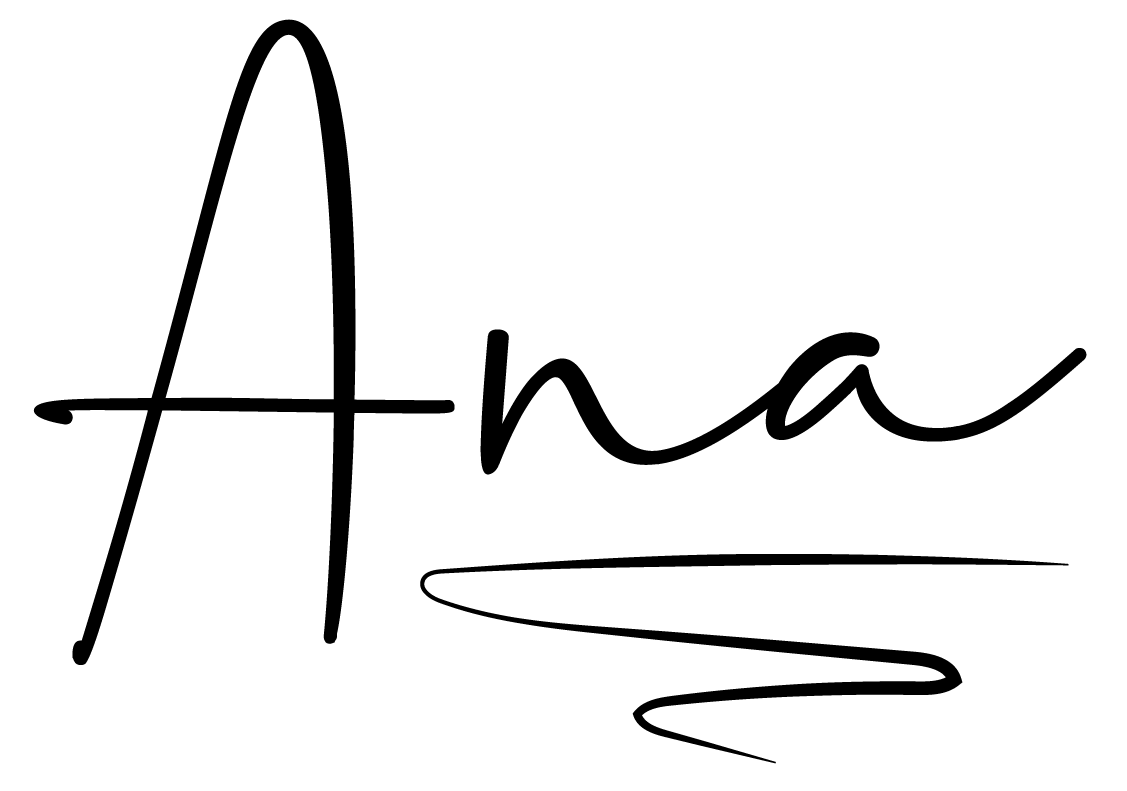What are the Fear Gates in Human Design?
The survival fears of the spleen center
Human Design is a complex system of self-knowledge that reveals so much about who you came here to be, including your potential strengths and qualities. Your activated gates are one place to look to discover your unique traits.
There are 64 gates total on a bodygraph chart but each person only has 26 activated (and some gates can be activated more than once). There are several gates that are associated with fear. Our survival fears are located on the spleen center, our mental fears and anxieties on the ajna/mind center, and our emotional fears on our solar plexus center.
When looking for where fear shows up in your chart, the fear gates on the spleen center are the best place to start because they’re our most primal fears. Each gate represents a specific fear.
You can have one or all of these gates activated if your spleen center is undefined (white on your chart) or defined (colored in on your chart). Having an open spleen means there are no gates activated on the center.
The 7 fear gates
Gate 48: fear of inadequacy
Gate 48 on an undefined spleen center. Look up your chart here for free.
This fear of inadequacy can look like the fear of not having enough depth, knowledge, or talent necessary to make it or have a better life.
Gate 57: fear of the future
Gate 57 on an undefined spleen center
This is a fear of what the future will bring, of what will happen, or a fear of the unknown. You may find yourself holding back from doing something because of a fear of the outcome. (I call this gate the “psychic gate” because it’s the most intuitive gate of all the gates.)
Gate 44: fear of the past
Gate 44 as part of the 44–26 channel
This fear of the past could look like the fear of your baggage catching up with you or of history repeating itself.
Gate 50: fear of taking on responsibility
Gate 50 on a defined spleen center
This is the fear of taking care of those around you or taking on too much responsibility. When this fear is in the driver’s seat, you may find yourself avoiding responsibility.
Gate 32: fear of failure
Gate 32 on an undefined spleen center
The fear of failure can hold you back from trying or starting something. It can also be connected to the fear of being able to survive materially.
Gate 28: fear of death
Gate 28 on an undefined spleen center
This is the fear of death. It can also be the fear of not finding your purpose or meaning in life before you die, or something worth fighting for.
Gate 18: fear of authority
Gate 18 on an undefined spleen center
This fear of authority is also a fear of challenging authority. In addition, it can be the fear that you’ll be judged by others which can lead to perfectionist tendencies or self-criticism.
☼
Note: A black gate means you’re more conscious of that fear. A gray gate means you’re more likely to be unconscious of it. If your spleen is undefined, you are more susceptible to feeling the fears of those around you, amplifying them, or mistaking them as your own.
☼
The fears gates of the spleen center are not meant to run the show but they are also not meant to be ignored. It’s best to confront them one by one. We often make decisions out of fear: allowing fear to drive us into action or paralyze us into inaction. When really, we’re meant to make decisions from our authority in Human Design.
A good question to ask yourself: Am I following my authority or am I following my fear?
Fear in its wisdom is intuition. There are survival fears that keep us safe—don’t eat that fishy-smelling food! don’t walk down that dark alley! don’t trust that charming person!—and then there are fears that keep us small.
Each gate on the spleen center also comes with a gift of awareness, which isn’t included in this write-up. Often those strengths come through pushing past the fears.
When we face challenges that scare us and listen to the discernment of our intuition, our wisdom builds.
☼
To learn more about your unique Human Design, book a 1:1 reading with me. I help people make better love, career, and life decisions for themselves.








